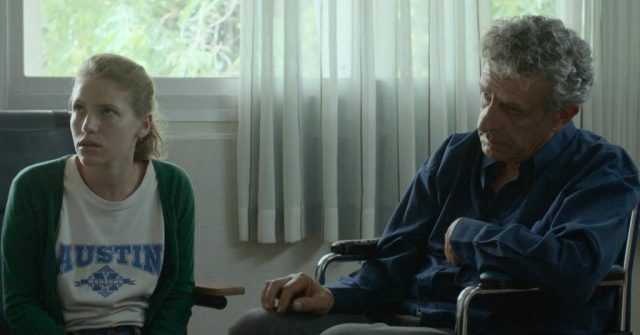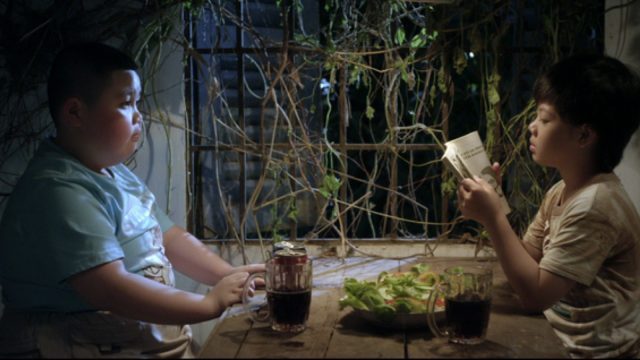
You’re gonna wanna keep the kiddies far away from Lê Bình Giang’s Kfc
Kfc (Lê Bình Giang, 2017)
Film Society of Lincoln Center, Walter Reade Theater
165 West 65th St. at Amsterdam Ave.
Thursday, July 6, 10:45
Festival runs June 30 – July 16
212-875-5601
www.filmlinc.org/films/kfc
www.subwaycinema.com
 Every year the New York Asian Film Festival tends to have one absolutely crazy, out-there movie that challenges the boundaries of good taste. This year’s entry is Vietnamese writer-director Lê Bình Giang’s utterly bizarre debut, Kfc, a sixty-eight-minute journey into a dark world that makes some of Charles Bukowski’s most cutting-edge tales seem like Disney stories. Expanded from a 2012 short, the film is as vile and disgusting as it is well made and fascinating, consisting of a series of interrelated vignettes depicting extreme violence, rape, torture, murder, arson, cannibalism, necrophilia, and plenty of fried chicken and French fries. (I can’t imagine that Colonel Sanders would approve of the film, which includes several scenes set in what appears to be a real Kentucky Fried Chicken restaurant in Hanoi.) The gruesome special effects (except for the worms, which are real) are by Tony Nguyễn, who plays the dude in the headphones, and they are balanced by the musical theme, Khanh Ly’s version of Trinh Cong Son’s romantic ballad “Quỳnh Hương.” Although there is not a ton of dialogue, what talking there is just happens to be very poorly translated in the subtitles, upping the overall psychotic quotient. And I have to admit that I’m downright worried about the future sanity of a few of the children who have major roles in the film, the original script of which got Lê kicked out of the University of Ho Chi Minh. There’s a reason that the NYAFF page on the movie begins by declaring, “WATCH AT YOUR OWN RISK!” Kfc is screening July 6 at 10:45 (what, they couldn’t wait until midnight?) at the Walter Reade Theater. The festival, which runs through July 16 at Lincoln Center and the SVA Theatre, consists of more than fifty films from China, Japan, Taiwan, South Korea, Hong Kong, and Southeast Asia, including a surprise twenty-fifth anniversary screening of a 1992 classic.
Every year the New York Asian Film Festival tends to have one absolutely crazy, out-there movie that challenges the boundaries of good taste. This year’s entry is Vietnamese writer-director Lê Bình Giang’s utterly bizarre debut, Kfc, a sixty-eight-minute journey into a dark world that makes some of Charles Bukowski’s most cutting-edge tales seem like Disney stories. Expanded from a 2012 short, the film is as vile and disgusting as it is well made and fascinating, consisting of a series of interrelated vignettes depicting extreme violence, rape, torture, murder, arson, cannibalism, necrophilia, and plenty of fried chicken and French fries. (I can’t imagine that Colonel Sanders would approve of the film, which includes several scenes set in what appears to be a real Kentucky Fried Chicken restaurant in Hanoi.) The gruesome special effects (except for the worms, which are real) are by Tony Nguyễn, who plays the dude in the headphones, and they are balanced by the musical theme, Khanh Ly’s version of Trinh Cong Son’s romantic ballad “Quỳnh Hương.” Although there is not a ton of dialogue, what talking there is just happens to be very poorly translated in the subtitles, upping the overall psychotic quotient. And I have to admit that I’m downright worried about the future sanity of a few of the children who have major roles in the film, the original script of which got Lê kicked out of the University of Ho Chi Minh. There’s a reason that the NYAFF page on the movie begins by declaring, “WATCH AT YOUR OWN RISK!” Kfc is screening July 6 at 10:45 (what, they couldn’t wait until midnight?) at the Walter Reade Theater. The festival, which runs through July 16 at Lincoln Center and the SVA Theatre, consists of more than fifty films from China, Japan, Taiwan, South Korea, Hong Kong, and Southeast Asia, including a surprise twenty-fifth anniversary screening of a 1992 classic.

 The sixteenth annual New York Asian Film Festival gets under way June 30 with writer-director Nattawut Poonpiriya’s big Thai hit, Bad Genius. The amazingly smart Lynn (NYAFF 2017 Screen International Rising Star Award winner Chutimon Cheungcharoensukying) switches schools for an opportunity to win a coveted scholarship and go to a better college, with the help of her father, a respected teacher (Thaneth Warakulnukroh). She quickly becomes besties with the popular Grace (Eisaya Hosuwan), who is dating snobby rich kid Pat (Teeradon Supapunpinyo). Lynn mentors Grace, who is not a very good student, and is then hired by Pat’s wealthy father (Sahajak Boonthanakit) to tutor his son to improve his low grades. Soon Grace, Pat, and several of Pat’s other friends (Vittawin Veeravidhayanant, Suwijak Mahatthanachotwanich, Narwin Rathlertkarn, Thanawat Sutat Na Ayutthaya, and Thanachart Phinyocheep) are paying substantial money to Lynn, who has devised unique ways to cheat on multiple-choice tests. As she and Bank (Chanon Santinatornkul), another smart scholarship student — whose parents (Uraiwan Puvichitsutin and Somchai Ruedikunrangsi) run a small laundry, which embarrasses him and drives him to improve his, and their, lot — compete for a prestigious Singapore scholarship, lies, betrayal, greed, and deception lead to major troubles for everyone as the crucial standardized STIC tests approach.
The sixteenth annual New York Asian Film Festival gets under way June 30 with writer-director Nattawut Poonpiriya’s big Thai hit, Bad Genius. The amazingly smart Lynn (NYAFF 2017 Screen International Rising Star Award winner Chutimon Cheungcharoensukying) switches schools for an opportunity to win a coveted scholarship and go to a better college, with the help of her father, a respected teacher (Thaneth Warakulnukroh). She quickly becomes besties with the popular Grace (Eisaya Hosuwan), who is dating snobby rich kid Pat (Teeradon Supapunpinyo). Lynn mentors Grace, who is not a very good student, and is then hired by Pat’s wealthy father (Sahajak Boonthanakit) to tutor his son to improve his low grades. Soon Grace, Pat, and several of Pat’s other friends (Vittawin Veeravidhayanant, Suwijak Mahatthanachotwanich, Narwin Rathlertkarn, Thanawat Sutat Na Ayutthaya, and Thanachart Phinyocheep) are paying substantial money to Lynn, who has devised unique ways to cheat on multiple-choice tests. As she and Bank (Chanon Santinatornkul), another smart scholarship student — whose parents (Uraiwan Puvichitsutin and Somchai Ruedikunrangsi) run a small laundry, which embarrasses him and drives him to improve his, and their, lot — compete for a prestigious Singapore scholarship, lies, betrayal, greed, and deception lead to major troubles for everyone as the crucial standardized STIC tests approach.

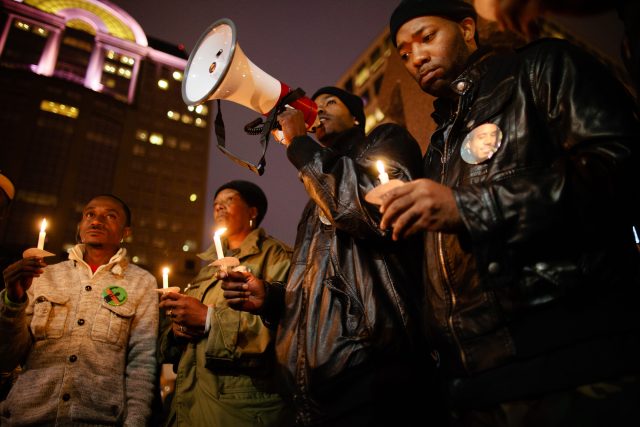
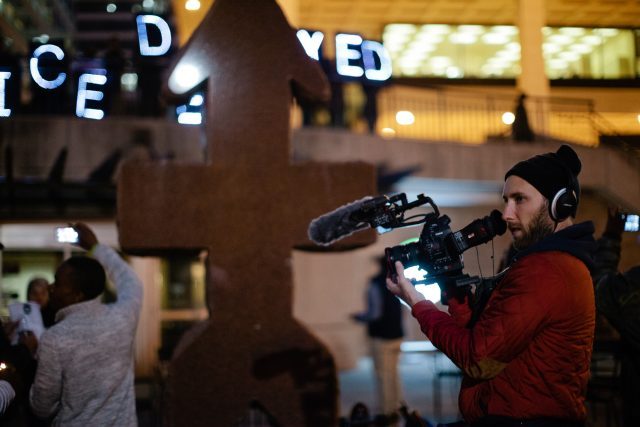

 South African multimedia artist
South African multimedia artist 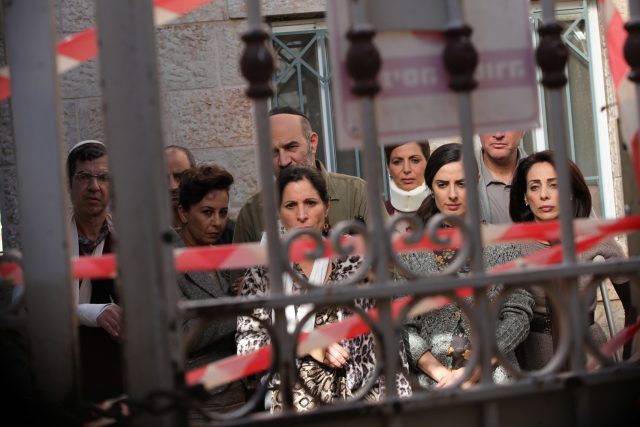
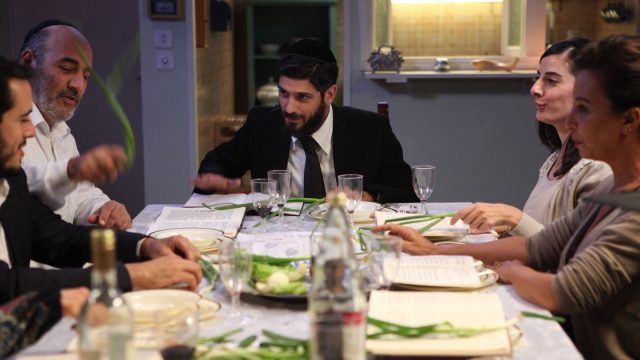
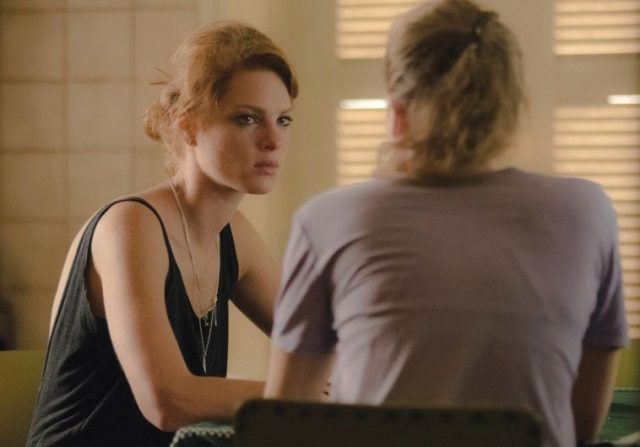
 The 2017 New York Jewish Film Festival opens with the tender, emotionally wrenching Moon in the 12th House, the debut feature by Dorit Hakim, who won the 1998 Silver Lion for Best Short Film for her eleven-minute Small Change. Hakim, a journalist and filmmaker who was born in Tel Aviv, lived for several years with her husband, Israeli hi-tech success Shlomo Kramer, in Silicon Valley, then moved back to her homeland. For her first full-length work, she reaches deep into her Israeli youth to tell the story of two sisters separated by tragedy when they were girls. Now adults, the vain Mira (Yuval Scharf) works in a glitzy Tel Aviv nightclub, where she does drugs and sleeps with her selfish, mean-spirited boss, Doron (Gal Toren). Her younger sister, twenty-one-year-old Lenny (Yaara Pelzig), has chosen to remain in the family home in the country, taking care of their ailing father (Avraham Horovitz), who is in an assisted living facility after a stroke. Lenny, who goes for a precious swim every day to temporarily escape her overwhelming responsibilities, is also watching her neighbor’s teenage son, Ben (Gefen Barkai), while his artist mother is away. Long estranged, the sisters are reunited when a desperate Mira suddenly shows up on Lenny’s doorstep, but as much as Mira might need her, Lenny is not yet ready to accept her back in her life. “It’s not as easy for me as it is for you,” Mira says, not understanding the sacrifices that Lenny has made, part of the reason why they are estranged.
The 2017 New York Jewish Film Festival opens with the tender, emotionally wrenching Moon in the 12th House, the debut feature by Dorit Hakim, who won the 1998 Silver Lion for Best Short Film for her eleven-minute Small Change. Hakim, a journalist and filmmaker who was born in Tel Aviv, lived for several years with her husband, Israeli hi-tech success Shlomo Kramer, in Silicon Valley, then moved back to her homeland. For her first full-length work, she reaches deep into her Israeli youth to tell the story of two sisters separated by tragedy when they were girls. Now adults, the vain Mira (Yuval Scharf) works in a glitzy Tel Aviv nightclub, where she does drugs and sleeps with her selfish, mean-spirited boss, Doron (Gal Toren). Her younger sister, twenty-one-year-old Lenny (Yaara Pelzig), has chosen to remain in the family home in the country, taking care of their ailing father (Avraham Horovitz), who is in an assisted living facility after a stroke. Lenny, who goes for a precious swim every day to temporarily escape her overwhelming responsibilities, is also watching her neighbor’s teenage son, Ben (Gefen Barkai), while his artist mother is away. Long estranged, the sisters are reunited when a desperate Mira suddenly shows up on Lenny’s doorstep, but as much as Mira might need her, Lenny is not yet ready to accept her back in her life. “It’s not as easy for me as it is for you,” Mira says, not understanding the sacrifices that Lenny has made, part of the reason why they are estranged.